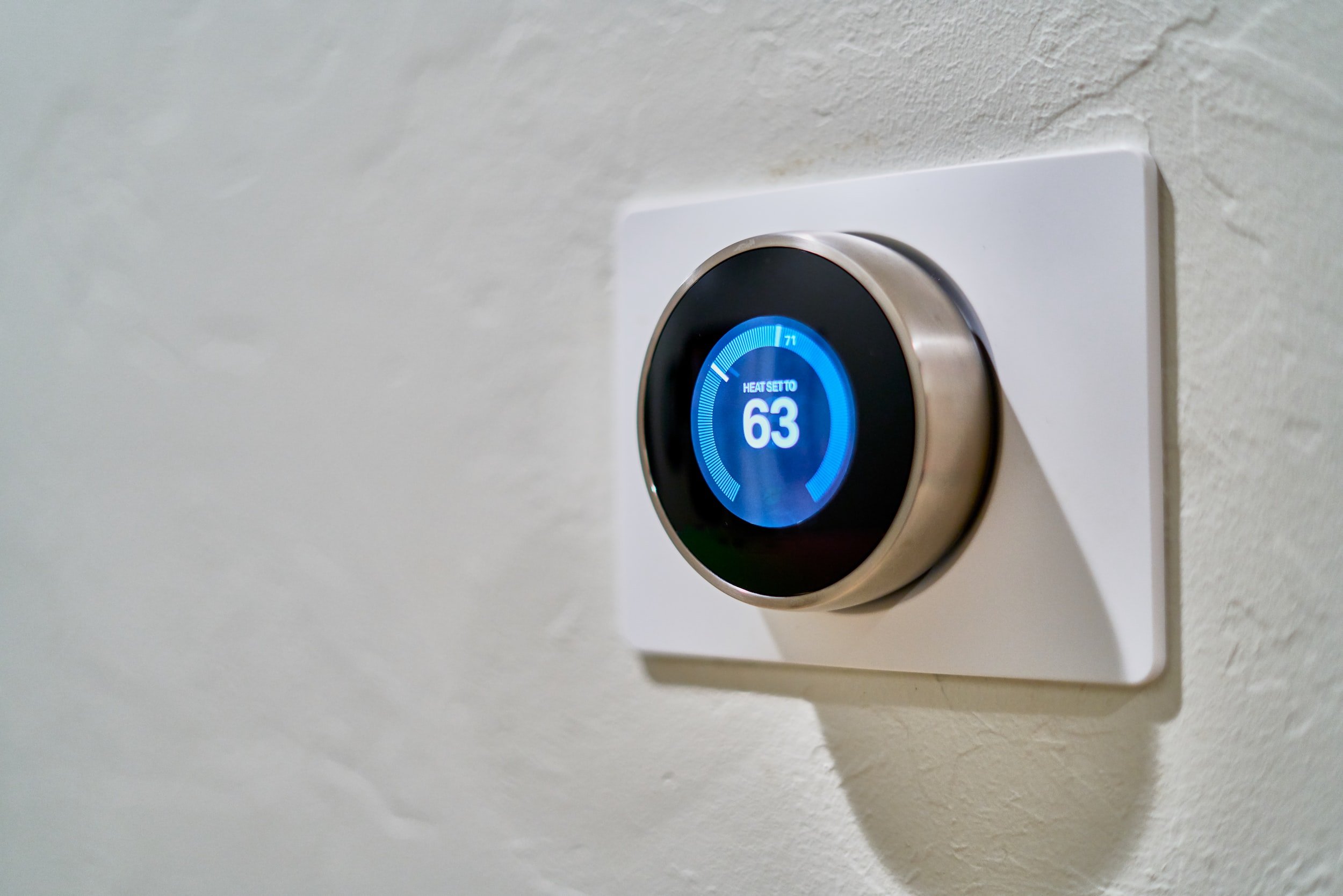Winter is here now and the temperatures have dropped, many homes across the UK have switched on their boilers back on.
At a time when energy bills have increased significantly along with the overall cost of living, the last thing you need is a problem with your gas boiler just as the colder months begins, which can eave you in the cold.
Carrying out a few checks can help ensure that your boiler works as expected, reduces the risk of an unexpected breakdown and ensures you have time to repair or replace the boiler if required.
Our latest Article post will takes you through our recommended checks to carry out on your boiler before you begin to use it regularly again.
Test the Boiler
Giving your boiler a few hours to run after being switched off for many months will allow you to check that it is working properly, giving you enough time to address any issues before the cold weather hits.
After winter ended last year, you likely switched off the thermostat as well as turning the boiler off at the control panel. To get your heating back on, simply switch the boiler on at the control panel before setting your thermostat on.
Some people also choose to switch their radiator valves off throughout the summer, so these will need to be opened again to ensure the heating works. If you have thermostatic radiator valves (TRVs) this is as simple as turning the dial, but older valves may require a pair of pliers.
When turning on the boiler for the first time, it’s recommended to slowly increase the thermostat to the desired temperature.
As the heating starts to come on, you may hear unusual noises coming from your pipework, radiators and boilers. These can usually be ignored but will need to be addressed if they persist.
Something you shouldn’t ignore is unusual smells from the boiler. If you smell gas from your boiler, switch it off straight away and call a Gas Safe registered engineer to inspect the unit.
If the boiler fails to switch on, you may be able to get a better idea of the issue by reviewing the fault code that is showing within the control panel, this will also help a gas engineer to understand the issue before they come out.
Check All Your Radiators
Once you’ve switched on the heating, it’s a good idea to go around the house and ensure that heat is being distributed evenly across your radiators.
If you don’t feel any heat at all coming from a radiator, ensure that the valve is switched on; this can be done by turning the valve anti-clockwise.
If you notice any of the following when checking your radiators, it could be a sign that there is a build up of air bubbles or sludge in your radiators:
Cold areas of the radiators, usually the top
Radiators taking a long time to warm up
Pipework warm but radiators cold
Pipework to radiators vibrating
Bleeding your radiators is not a complex job but can be messy and time consuming. In cases where sludge has built up, you will need a professional power flush to get your radiators performing at their best again.
Check the Boiler Pressure
The pressure gauge which is found on the control panel of the boiler indicates the pressure of the water circulating around your heating system.
When this gets too high, the system is at a higher risk of being damaged and when it’s too low, your heating is not going to be as efficient and you may experience no heating or hot water.
Checking your control panel periodically can be useful to see whether the pressure is currently running too high or low, as indicated by the red area of the gauge.
Altering the pressure of your boiler is not too complex of a job but the steps to do so differ from model to model, so it’s best to check in your boiler’s manual.
If you notice that the pressure is regularly changing, or you do not feel confident then it’s best to contact a Gas Safe registered engineer to inspect your unit.
Get Your Boiler Serviced
One of the most effective ways to ensure your boiler is ready for winter is to have it serviced by a Gas Safe registered engineer, particularly if this hasn’t been done in the last 12 months.
A boiler service helps to ensure your boiler is running as expected, can identify any issues before they develop into serious faults and may reveal that your boiler requires a replacement.
Throughout the service, a full inspection of the components including the boiler controls, warning lights, electrics, seals, pipework, gas flow, pressure flow, flue release and safety devices will be carried out.
From this, an engineer will be able to advise on the condition of the boiler and advise on whether you should consider upgrading your boiler.
Other Ways To Keep Your Home Warm
Now, more than ever, people across the UK are looking for ways to keep themselves and their homes warm without relying on their central heating.
There are several ways you can retain more heat in your home and keep yourself warm without increasing your energy bill, these include:
Wrap up warm on cold days
Stay active within your home
Make sure all your windows are closed properly
Close internal doors to prevent draughts
Install TRVs to have more control over the heating
Install foil behind your radiators
Bleed your radiators
Leave the oven door open after cooking







